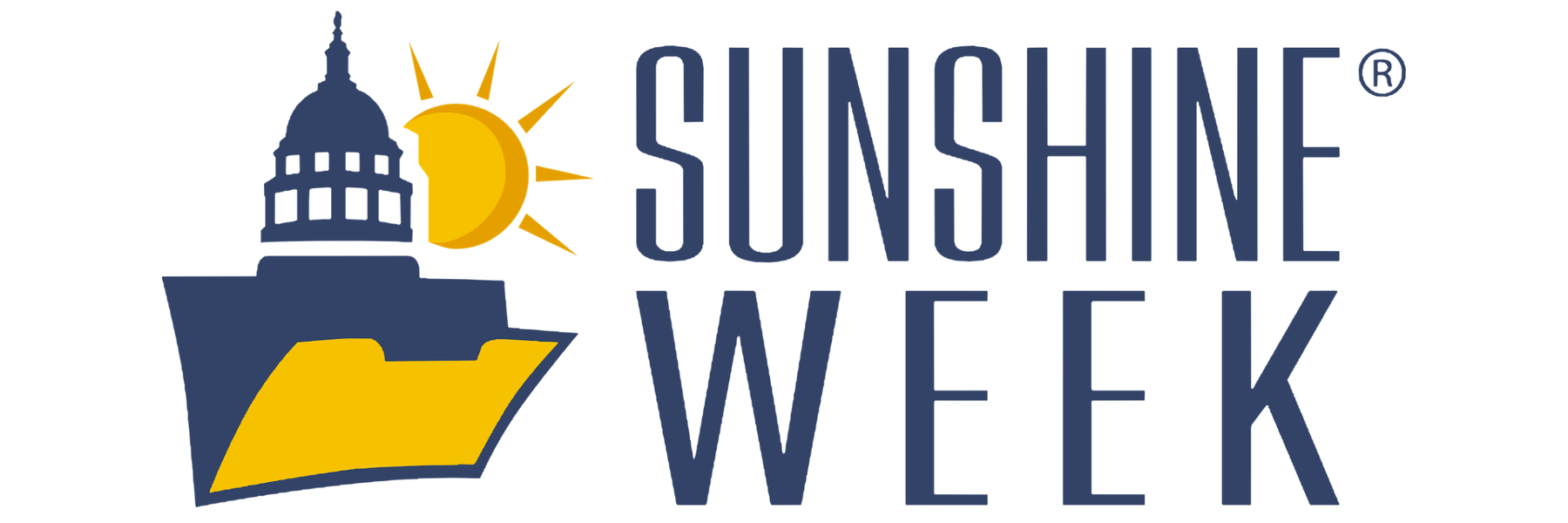This month, MuckRock hosted its monthly FOIA Friday conversation on the challenges of requesting public records when businesses and nonprofits are involved. data reporter Dillon Bergin was joined by veteran reporter Miranda Spivack, who specializes in stories about government accountability and secrecy, urban development and immigration.
When businesses and nonprofits use public resources to perform governmental functions, they are often called “nongovernmental bodies” or “quasi-governmental bodies” in state and federal records law. States have different standards for these laws, which changes the way local governments respond to public records requests.
The standards often come down to one of three factors : the level of government funding, whether the nongovernmental body performs a government function, and case law. In last Friday’s session, Spivack and Bergin stressed the importance of understanding which category your state falls under, in order to make a more effective and more informed request.
The two reporters also warned of the challenges to public records requests and to not be turned away by a “trade secrets and confidential business information” exemption when that’s not what the requestor is asking for.
Watch the full discussion below.
Have ideas for our next call? Fill out our session feedback and question form or join our public-foia-workshopping Slack Channel to talk with us there. Missed our last sessions? All our previous conversations are available on YouTube.
The Update
-
The National Archives lacks funding, according to a new report: The National Coalition for History released a new report on the state of National Archives and Records Administration. “NARA needs more funding so it can make steady progress in reviewing and declassifying classified historical records and fulfilling Freedom of Information Act [requests],” reports the National Security Archive. The report also recommends that NARA “expand its effort to declassify the huge backlog—over 75 million pages (not counting digital files)—of classified presidential records that have been centralized at its headquarters in recent years.”
-
Iowa panel in charge of government transparency sued for violating Open Meetings Law: The Iowa Public Information Board, a state panel charged with ensuring transparency in government, has been sued for violating the state’s Open Meetings Law, reports Clark Kauffman in the Iowa Capital Dispatch. The lawsuit alleges that the board did not include a discussion salary increase in its June 27 agenda, where the board approved a pay raise for the board’s executive director.
-
Transparency coalition recommends new disclosures following the overturning of Chevron: The Right on Transparency coalition released a new policy urging state governments to publish any guidance documents received by state agencies from the federal government, following the Supreme Court overturning the Chevron doctrine in Loper Bright v. Raimondo. The policy also recommends the documents should be published on a centralized, state-wide searchable database, or through an agency web portal.
FOIA Finds
-
Uncovering Secret Service’s Mar-a-Lago documents: The Secret Service’s Protective Intelligence and Assessment Division turned over more than 100 pages of documents to Bloomberg reporter Jason Leopold, including records related to security procedures for Mar-a-Lago.
-
Vance praises Alex Jones in private speech: In a private speech from a closed door meeting in 2011, Republican Vice Presidential candidate JD Vance told a group of young conservatives that “they should stand up for ‘nonconventional people’ who speak truth, such as Infowars founder Alex Jones,” reports Andy Kroll at ProPublica and Nick Surgey at Documented. The entire transcript of Vance’s speech has been made available on DocumentCloud.
-
Using public records to uncover abuse in Kentucky’s juvenile detention centers: The Lexington Herald-Leader used Kentucky’s Open Records Act to uncover abuses inside the state’s juvenile detention centers, reports John Cheves in the Herald-Leader. The newsroom requested investigative reports from the state’s eight juvenile detention centers in 2024.




